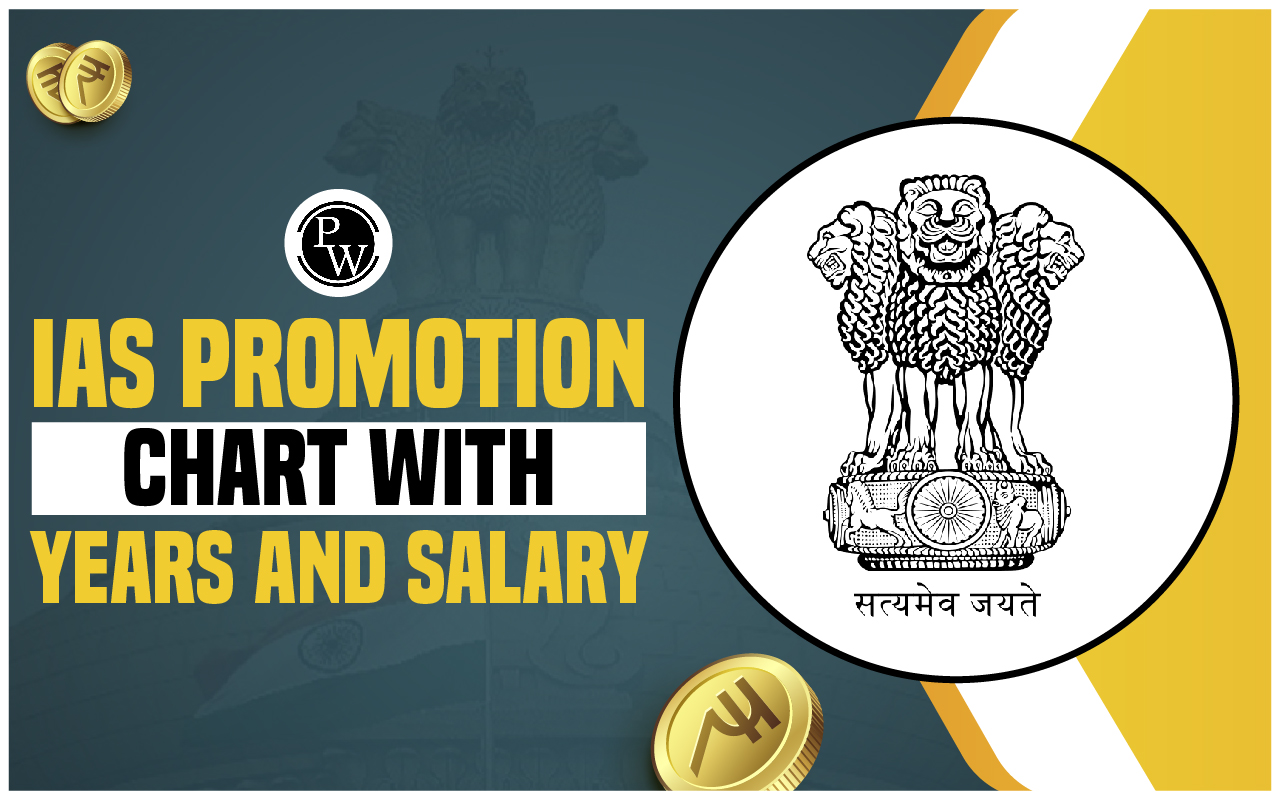| Topic |
Subtopic |
| 1. Non-chordata and Chordata |
- Classification and relationship of various phyla up to subclasses: Acoelomate and Coelomate, Protostomes and Deuterostomes, Bilateria and Radiata; Status of Protista, Parazoa, Onychophora and Hemichordata; Symmetry.
- Protozoa: Locomotion, nutrition, reproduction, sex; General features and life history of Paramaecium, Monocystis. Plasmodium and Leishmania.
- Porifera: Skeleton, canal system, and reproduction.
- Cnidaria: Polymorphism, defensive structures, and their mechanism; coral reefs and their formation; metagenesis; general features and life history of Obelia and Aurelia.
- Platyhelminthes: Parasitic adaptation; general features and life history of Fasciola and Taenia and their pathogenic symptoms.
- Nemathelminthes: General features, life history, parasitic adaptation of Ascaris andWuchereria.
- Annelida : Coelom and metamerism; modes of life in polychaetes; general features and life history of Nereis, earthworm, and leach.
- Arthropoda: Larval forms and parasitism in Crustacea; vision and respiration in arthropods (Prawn, cockroach, and scorpion); modification of mouth, parts in insects (cockroach, mosquito, housefly, honey bee, and butterfly), metapmor phosis in insect and its hormonal regulation, the social behaviour of Apis and termites.
- Molluscs: Feeding, respiration, locomotion, general features, and life history of Lamellidens, Pila, and Sepia. Torsion and detorsion in gastropods.
- Echinodermata: Feeding, respiration, locomotion, larval forms, general features, and life history of Asterias.
- Protochordata: Origin of chordates; general features and life history of Branchiostoma and Herdmania.
- Pisces: Respiration, locomotion, and migration.
- Amphibia: Origin of tetrapods, parental care, paedomorphosis.
- Reptilia; Origin of reptiles, skull types, status of Sphenodon and crocodiles.
- Aves: Origin of birds, flight adaptation, migration.
- Mammalia: Origin of mammals, dentition, general features of egg-laying mammals, pouched mammals, aquatic mammals and primates, endocrine glands (pituitary, thyroid, parathyroid, adrenal, pancreas, gonads) and their interrelationships.
- Comparative functional anatomy of various systems of vertebrates . (integument and its derivatives, endoskeleton, locomotory organs, digestive system, respiratory system, circulatory system including heart and aortic arches, urinogenital system, brain, and sense organs (eye and ear).
|
| 2. Ecology |
- Biosphere: concept of biosphere; biomes, Biogeochemical cycles, Human induced changes in atmosphere including greenhouse effect, ecological succession, biomes and ecotones, community ecology.
- Concept of ecosystem ; structure and function of ecosystem, types of ecosystem, ecological succession, ecological adaptation.
- Population ; characteristics, population dynamics, population stabilization.
- Biodiversity and diversity conservation of natural resources.
- Wildlife of India.
- Remote sensing for sustainable development.
- Environmental biodegradation; pollution and its impact on biosphere and its prevention.
|
| 3. Ethology |
- Behaviour: Sensory filtering, responsiveness, sign stimuli, learning, and memory, instinct, habituation, conditioning, imprinting.
- Role of hormones in drive; role of pheromones in alarm spreading; crypsis, predator detection, predator tactics, social hierarchies in primates, social organization in insects;
- Orientation, navigation, homing; biological rhythms: biological clock, tidal, seasonal, and circadian rhythms.
- Methods of studying animal behaviour including sexual conflict, selfishness, kinship, and altruism.
|
| 4. Economic Zoology |
-
- Apiculture, sericulture, lac culture, carp culture, pearl culture, prawn culture, vermiculture.
- Major infectious and communicable diseases (malaria, filaria, tuberculosis, cholera, and AIDS) their vectors, pathogens, and prevention.
- Cattle and livestock diseases , their pathogen (helminths), and vectors (ticks, mites, Tabanus, Stomoxys).
- Pests of sugar cane (Pyrilla perpusiella), oil seed (Achaeajanata) and rice (Sitophilus oryzae).
- Medical biotechnology , human genetic disease and genetic counselling, gene therapy.
- Forensic biotechnology.
|
| 5. Biostatistics |
- Designing of experiments; null hypothesis; correlation, regression, distribution and measure of central tendency, chi square, student-test, F-test (one-way & two-way F-test).
|
| 6. Instrumentation methods |
- Spectrophotometer, phase contrast and fluorescence microscopy , radioactive tracer, ultra centrifuge, gel. Electrophoresis, PCR, ELISA, FISH and chromosome painting.
- Electron microscopy (TEM, SEM).
|











